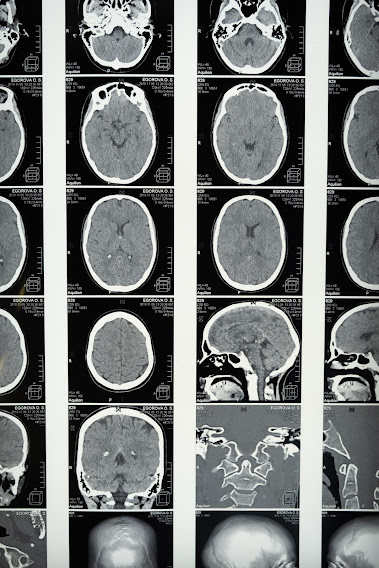DIARRHEA
Introduction:
People of all ages are susceptible to diarrhea, a common gastrointestinal ailment that disrupts everyday living and causes discomfort. It is characterized by loose, watery feces and may also present with additional signs and symptoms including cramps, dehydration, and tummy discomfort. In order to keep you informed and preserve your wellbeing, we shall explore the realm of diarrhea in this blog article, including its causes, symptoms, preventative measures, and practical management solutions.
1.Understanding the distinctions between acute and chronic diarrhea and its underlying causes.
-Examining the bacterial, viral, and parasitic illnesses that frequently cause diarrhea under the heading of infectious agents.
-Foodborne Illnesses: Identifying frequent causes and prevention strategies.
-Traveler's diarrhea: Explaining the dangers and safety measures when visiting unfamiliar places.
2.Identifying Signs and Getting Treatment:
-Common signs: recognizing the symptoms of diarrhea and knowing when to seek medical help.
-Dehydration: Recognizing the possibility of dehydration and the necessity of controlling it when managing diarrhea.
-Discussing worrisome symptoms that demand quick medical attention is a red flag.
-Describe the diagnostic techniques and tests used by medical experts for diagnosing diarrhea.
3.Prevention Methods:
-Emphasizing the value of appropriate sanitation and handwashing are among the hygiene practices.
-Food safety: Disseminating advice on how to handle and prepare food to avoid infection.
-Water quality: Discussing the value of safe drinking water and how to make sure it is.
-Discussing vaccinations that offer defense against certain microorganisms that cause diarrhea.
CONCLUSION:
Even though diarrhea is a typical occurrence, knowing its causes, signs, and treatment options can give you the confidence you need to deal with this painful disease. You may lessen the negative effects of diarrhea on your general health by putting preventative techniques into practice, getting medical attention when necessary, and engaging in good self-care. Remember that information is power, and that the first step to successfully treating diarrhea and regaining your comfort and health is to become well-informed.




Comments
Post a Comment